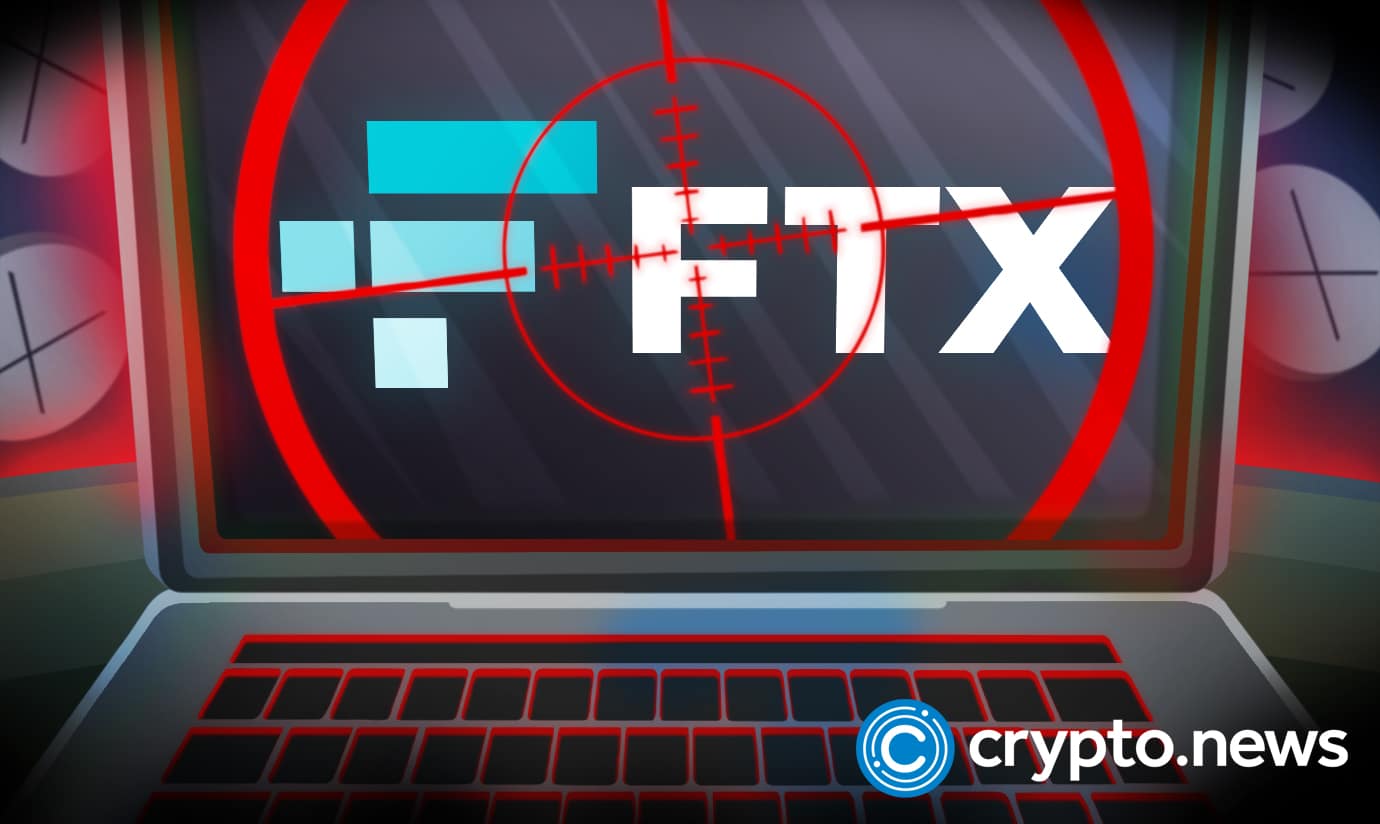2023-11-2 06:01 |
The United States Attorney has accused Sam Bankman-Fried (SBF), the disgraced founder of FTX, of deliberately committing fraud during his ongoing testimony.
“That’s fraud. It’s stealing plain and simple. Before FTX there was Alameda,” the prosecutor stated.
US Attorney Dismisses Crypto Complexity in SBF CaseA series of X posts reveal SBF facing multiple charges in court over the FTX crypto exchange collapse.
“This is not about complicated issues of crypto currency. It’s about lies and stealing and greed.”
Learn more: Who Is John J. Ray III, FTX’s New CEO?
Furthermore, the US attorney accused SBF of believing he could outsmart the existing financial regulations against fraud, with his perceived intelligence serving as the primary indicator.
“The core dispute here is whether the defendant knew that taking the money was wrong. He knew. He did it anyway. He thought he was smarter, and could walk his way out of it. Today, with you, that ends.”
The prosecutor asserted that SBF is culpable for each of the charges leveled against him, making it abundantly clear that he engaged in fraudulent activities.
“The defendant is guilty beyond a reasonable doubt on each and every one of these charges. We’ll talk about the defense arguments. Alright. What happened? What does the evidence show? He took money and crypto from customers.”
Trial Continues to Heat UpThe trial of SBF began in October and has consistently generated headlines due to the ongoing discovery of new revelations.
BeInCrypto reported on October 7 that the trial unveiled special privileges that FTX had granted to its sister company, Alameda Research, prior to its collapse in November 2022.
Gary Wang, an FTX co-founder, explained Alameda Research’s ability to trade faster and exceed balance limits.
Wang’s code adjustments allowed Alameda to keep a negative balance post-FTX’s launch.
Learn more: FTX Collapse Explained: How Sam Bankman-Fried’s Empire Fell
The post SBF Receives Blunt Accusation of ‘Plain and Simple’ Theft in FTX Case appeared first on BeInCrypto.
origin »Bitcoin price in Telegram @btc_price_every_hour
FintruX Network (FTX) íà Currencies.ru
|
|



